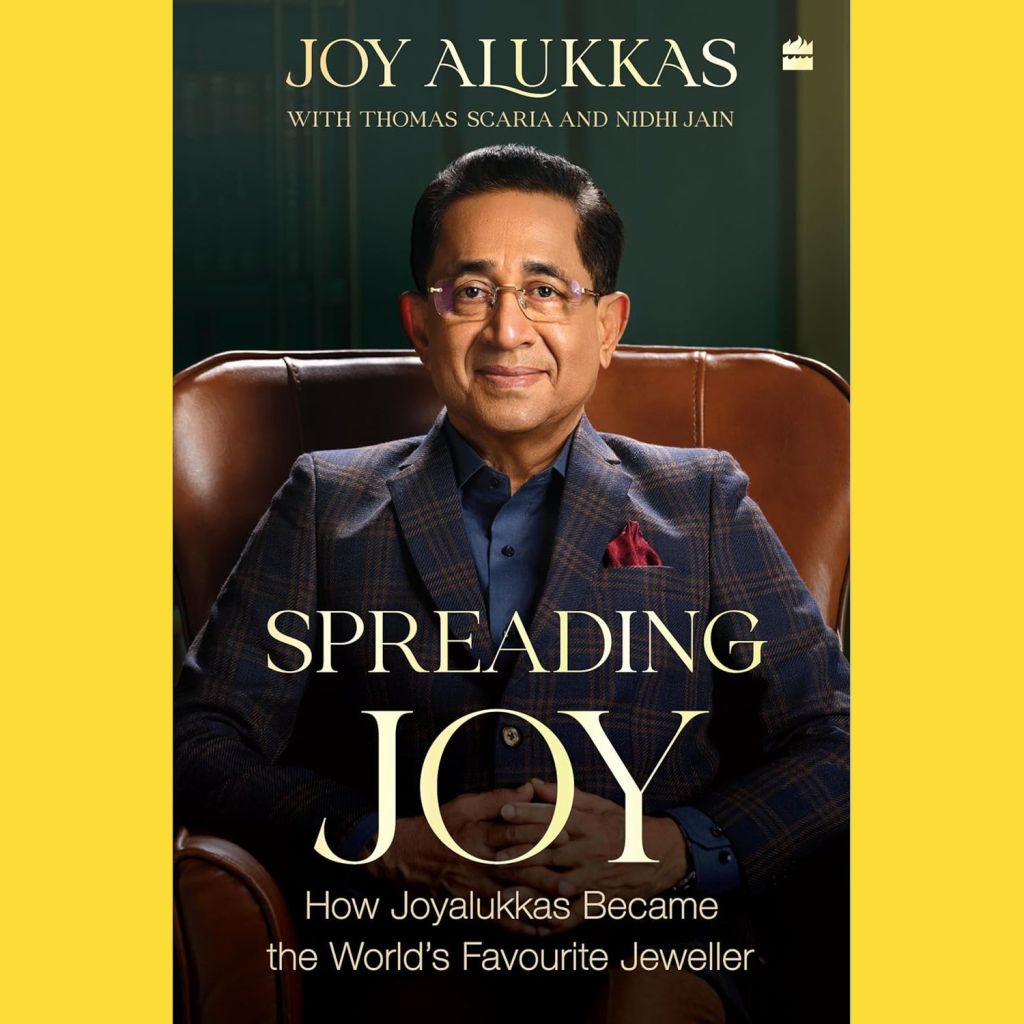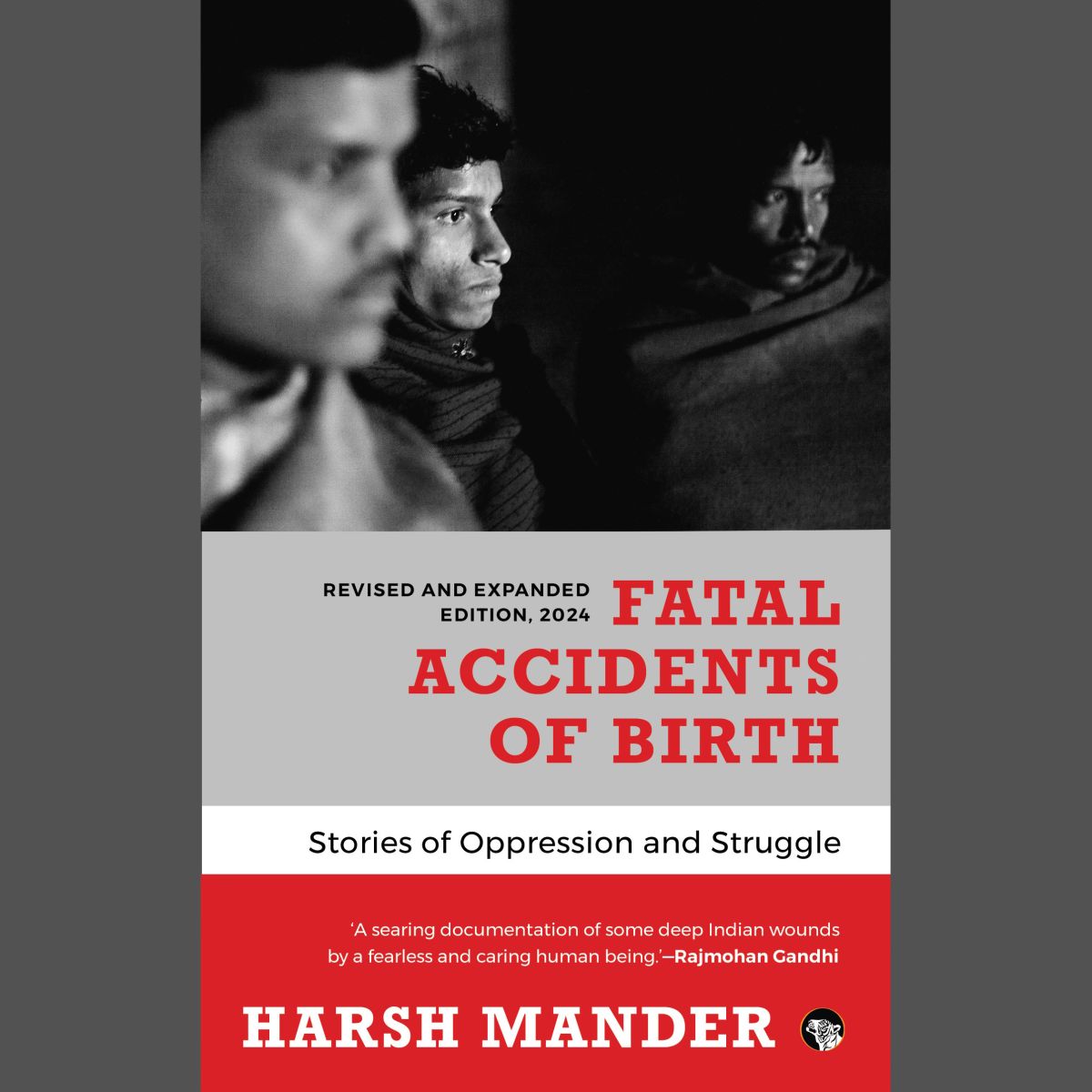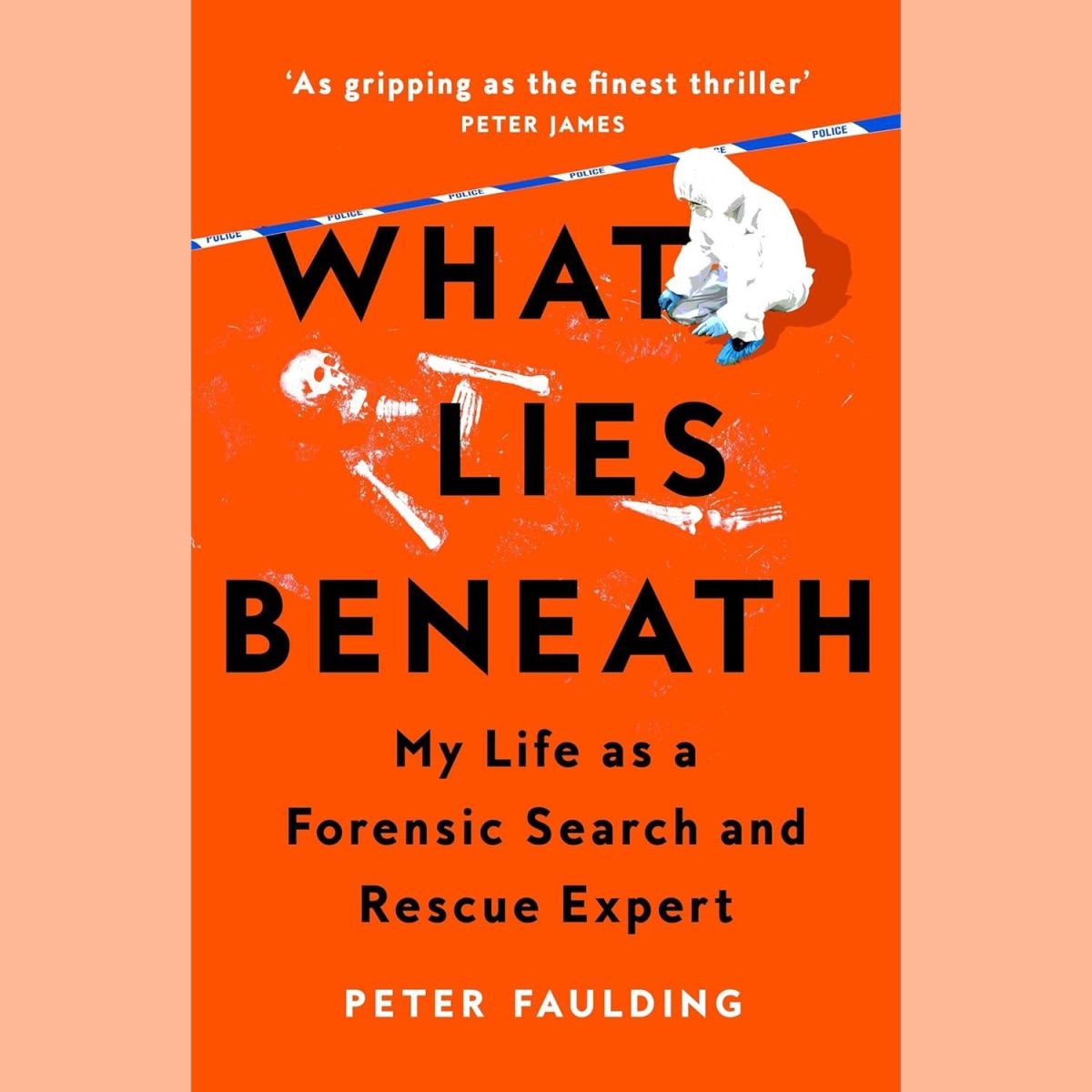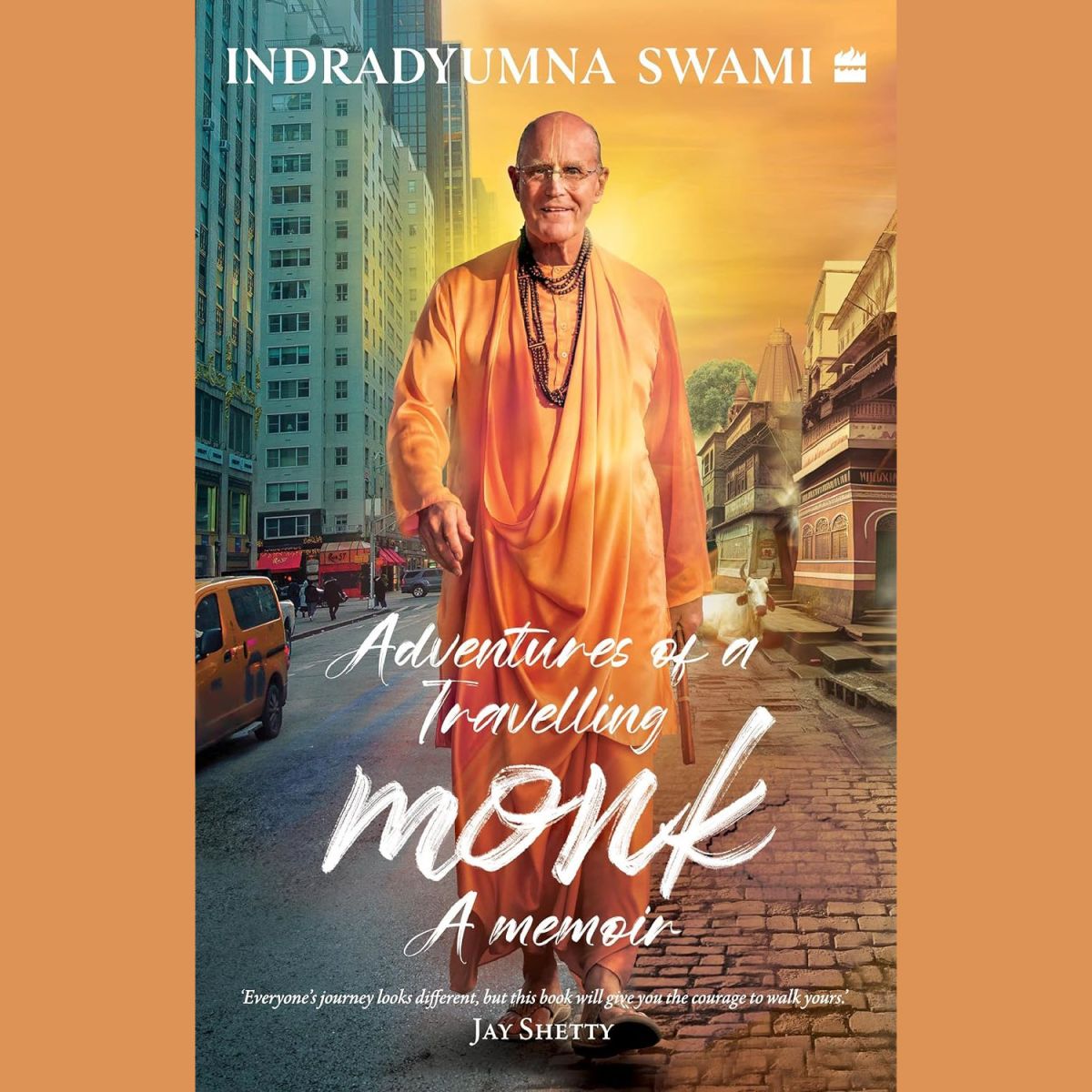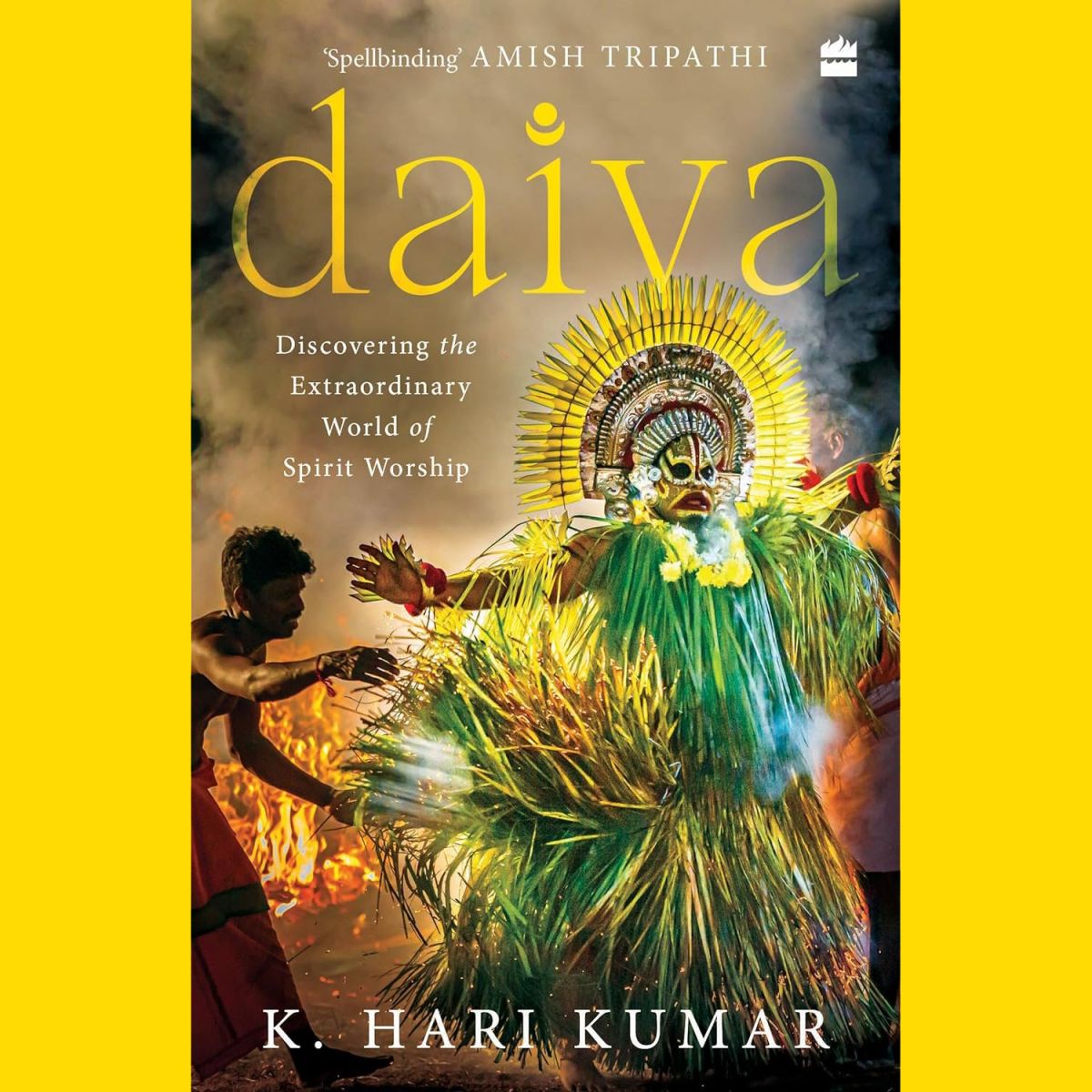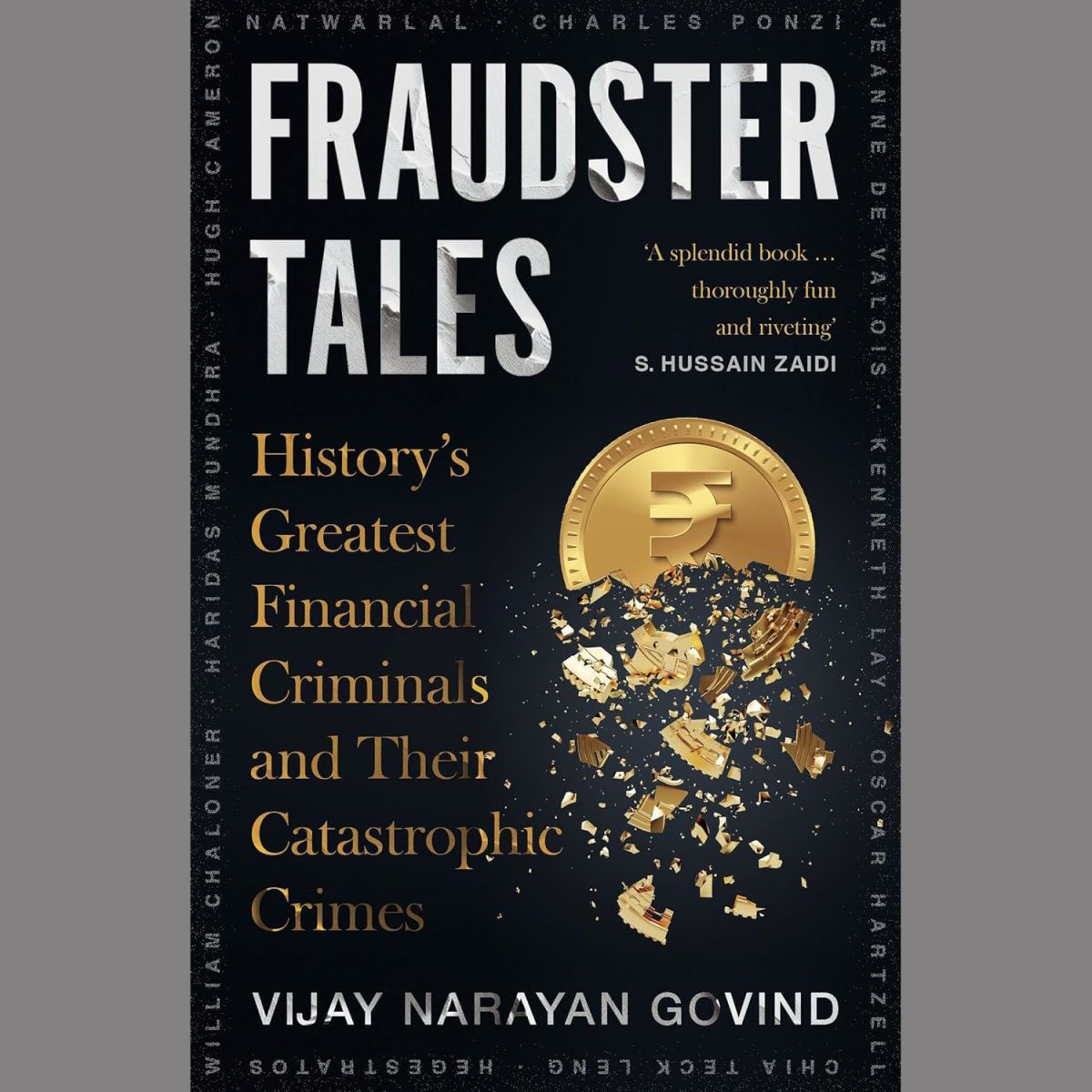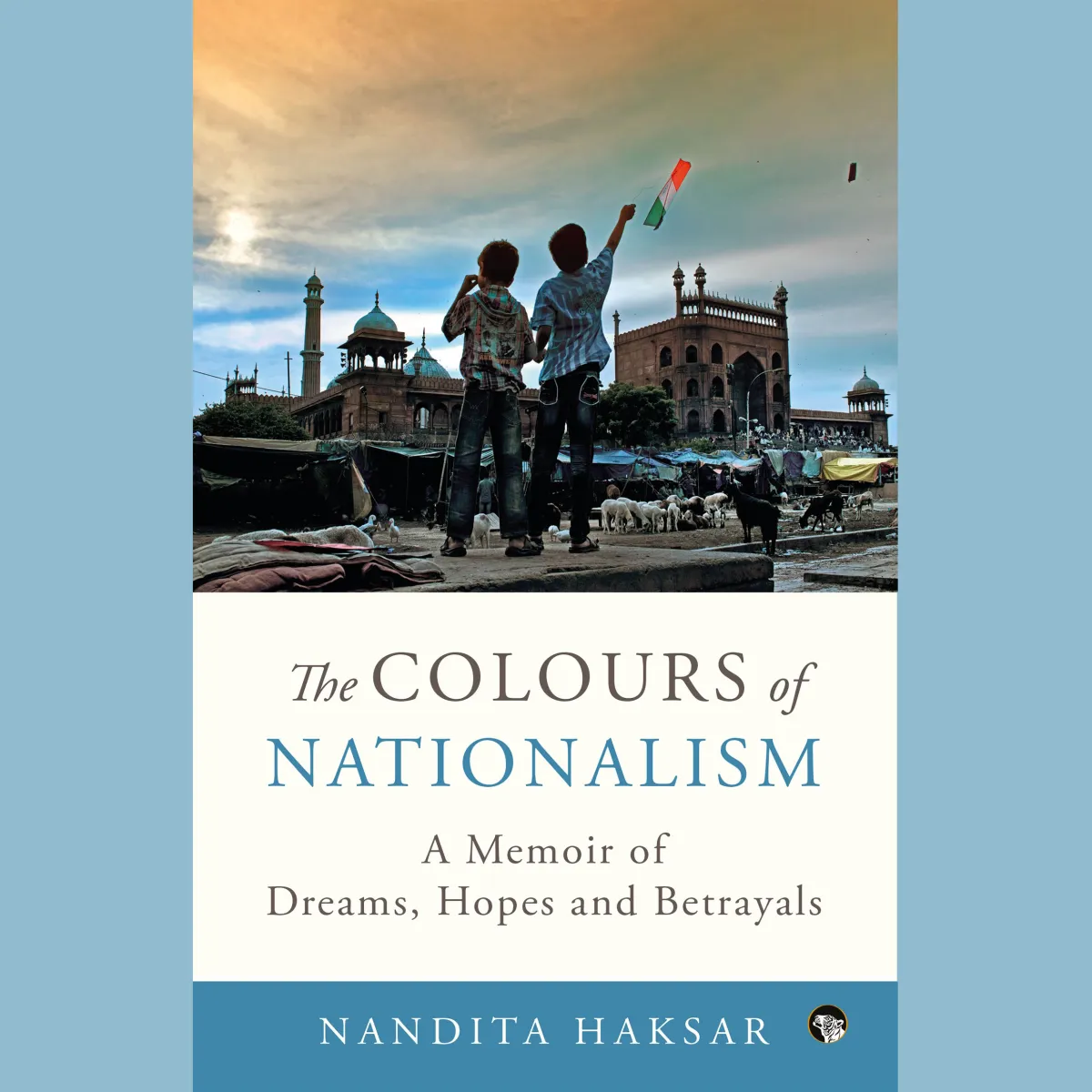When the world’s favourite jeweller tells the story of his life, the world sits up to listen. Or rather, in this case, read. Spreading Joy is the story of Joy Alukkas, the man who heads the ‘Joyalukkas’ jewellery brand, which is present in 11 countries around the world, with a chain of more than 150 stores. The story started back in the late-1950s, in Thrissur, on the coast of Kerala. That is where Joy’s father, Puthussery Alukka Joseph Varghese, first got into the jewellery retail business. Later, Joy took over the mantle from his father and has, over the years, expanded the Joyalukkas brand across continents.
‘Spreading Joy not only captures a phenomenal entrepreneurial story, but also provides rare insights into an industry that has predominantly been fragmented and unorganized. Aspiring entrepreneurs, irrespective of the industry they operate in, will find this book of immense value as they build their dream organizations,’ says the publisher’s note. BooksFirst had an opportunity to ask the author a few questions, in the context of the book as well as his work and the gold retail business. Here are some excerpts from the conversation.
You have spent decades working in the gold and jewelry business, building up the Joyalukkas brand. What was it that finally inspired you to write your memoir? In the story of your life, what is it that you find most compelling, which you wanted to highlight in your memoir?
For very long I had been telling a lot of people close to me that I should pen down every important milepost that led to the making of the brand ‘Joyalukkas,’ how we covered this journey and where we stand today before I forget [laughs]. Joyalukkas, the only family-owned single-run jewellery brand today, completed 35 years in the UAE in 2023. The year ended on another high note with the release of my autobiography. A year of double celebration.
On getting the book together, I must say it was the right time and right team. I and my co-authors Thomas Scaria and Nidhi Jain collectively believed that the story would inspire anybody with a never-give-up attitude and that led to Spreading Joy. Thomas is our Finance Head and having spent more than a decade with us, he has been part of many of our milestones and is very well versed with the brand’s history. Nidhi, a seasoned media professional, dug deep into understanding the trajectory of my life, my psychological mindset, bridged the journey from my name to the brand and weaved it together as a narration filled with emotions, learnings along the way, the vision, and many takeaways for readers alongside. I am sure any entrepreneur can relate to my or the brand’s journey and why I took a certain course of action for myself as well as for the brand.
I cannot pinpoint one compelling incident from the book that I can highlight but personally for me just taking a chance to come and explore the UAE (Ras Al Khaimah) in 1986 changed the entire course of my life and the way it unfolded – I am where I stand today is because of the opportunities that UAE had to offer.
I am glad that the book has been receiving great reviews globally since its release in October 2023, but what I loved most was the excitement we received from students while presenting the book at LSE in UK, IIM (Calcutta), Manipal University, and the University of Wollongong in Dubai. Both Indian and non-Indian students were very well aware of the brand’s presence. Their curiosity and willingness to learn was immense.
Your father has been a big influence on your life and in the way you have built up the Joyalukkas brand. What would you say are the three most important life lessons you learned from him, which have helped you over the last three decades in building up your business?
Borrow wisely! Take care of the team. Opportunity is all around for everybody, it’s for us to figure. Re-reading certain incidents from my father’s or from my own personal and work life was like déjà vu. Unknowingly, I relived Appan’s (my father) principles, just set in two different times. He was my captain. There were no sit-down teachings by him, just observe, learn and practice on the go.
What are some of the biggest, most significant changes that you have observed in the gold and jewelry business when you compare the present scenario with how things were back in the 1980s? Given the social / cultural / financial evolution that India has seen in the last 30-40 years, is acquiring gold still as important for Indian families now, as it was back in the 1970s-80s? Given that most Indian families look to investing in the stock markets these days, do Indians still also see gold as a useful form of investment, or has that changed over the years?
Perception around the jewellery industry has drastically changed through the years and it is still evolving. From being highly unorganized to slowly becoming a more mature industry, sitting behind the cash counter in the shop to having a corporate structure, having one to two stores around the vicinity to a chain of stores around the world. This is massive evolution.
As long as the festivities, emotions, security, culture, traditions and love to mention the least will exist, investment in gold and jewellery will continue and flourish. Increasing income boosts ones propensity to consume gold and buying power among Indians is on the upward momentum only.
Investing in stock markets and gold are two different investment segments. Basic knowledge of investing in gold is as simple as buying 24k, 22k, 18k; the highest karat is the purest form of gold and hence worth its weight and karat. Stock market investment needs thorough knowledge and understanding of the market as well as different industries one invests in; the risk ratio is way too high. Statistics state that 17% of India’s households directly invest in the Indian stock market, while 75% of Indian households own gold in some form or another. Gold continues to provide stability and a hedge against both inflation and economic uncertainty.

Regarding the gold retail business in India, has there been a major, significant move from no-name, non-branded jewelry (procured from a trusted ‘family jeweler’ in the neighbourhood) to branded jewelry from big, national or even international names? What reasons would you attribute to this? Personally, what strategies did you adopt and what role has Joyalukkas played in this move?
Retail business is a highly competitive domain and not many well-established homegrown brands are interested in branching out. Margins are very less in the gold business and ignoring or miscalculating it to increase profit means sooner than later the business is bound to shut down. Making a brand out of a jewellery store needs long-term commitment, huge investment, scouting the right location, variety in inventory, upgrading store ambiance, regulating purchasing policies etc. Today it is about offering an experience rather than just selling a piece of jewellery to the customer. Only selected top players have managed to occupy that position nationally and globally.
At Joyalukkas, the customer comes first; we offer an experience, and their trust for the brand means everything. From well-presented staff, store ambiance, jewellery collection or comfort while purchasing – we handpick, personalise and improvise everything regularly. Today the consumer is way more aware and educated about what they invest in and whom they invest with. It is all about sentiments, understanding and trust.
What are some of the biggest differences you’ve seen between India and Middle Eastern markets, in the context of gold retail? In India, over the last few decades, has doing business become easier now, compared to the 1970s-80s? What policy changes do you support, which have changed things for the better?
Presently, nearly nine million Indian expats live and work in Gulf Cooperation Council (GCC) countries. On the other hand, Indian population is approximately is 1.4 billion and consumption of gold is around 0.3gm and above per person. When compared to other countries worldwide, India leads the pack with revenue. GCC have jewellery coming from all over the world; India, Singapore, Italy, Bahrain, Malaysia and, of late, also Turkey. This year, GCC will also be experiencing a surge in demand for traditional gold designs. People from all over the world love to buy from UAE as it is slightly cheaper and has strict inspections regime that ensures purity.
Retail business has improvised, but continues to have its set of challenges, like dependency on imports, rapidly changing fashion, selling without generating bills or external factors like burglary, fire etc. Prohibiting the sale of hallmarked gold jewellery without a 6-digit alphanumeric Hallmark Unique Identification Number (HUID) from 1st April 2023 has been beneficial for authorized players in the market. Gem and Jewellery export Promotion Council (GJEPC) has urged the government to lower import duties on gold, plus cut and polished diamonds, as we rely heavily on imports for raw materials and it would be hard for industry to survive. We are hoping for a positive outcome.
If you look back to the time when you were just starting off with the Joyalukkas brand, and see how far you’ve come in the last 2-3 decades, would you say you’ve achieved everything you set out to do? What is your vision for the future direction of the company?
The brand name has been established and it is growing well but we have lot to do. Joyalukkas Group is also focusing on its vertical, Joyalukkas exchange, a well-established money exchange chain in GCC. We plan to expand Joyalukkas Jewellery in countries like Canada and Australia. More stores are planned for the UK, US, GCC and India and there is a huge demand to expand further. We are also trying to strengthen our presence through ecommerce and B2B. The global jewellery market is estimated to grow to US$308.36 billion by 2030. We have a very bright growth projection ahead.
Coming back to your memoir, what has been, for you, the most satisfying thing about writing this book?
See, I always knew that the whole brand building of Joyalukkas has to be documented. We as a group are very proud of our initiatives and achievements. I learnt that a lot has been written about the jewellery industry and the controversies surrounding it, but no industry leader has opened up on their personal side. I hope after this book many will follow suit.
For three years, my co-authors Thomas and Nidhi passionately immersed themselves in my stories and made every effort to get the last bit of information and emotion from me to shape this book holistically. The book reveals almost everything about my unapologetic personality. I live to work and that’s my worship. In fact, Spreading Joy not only includes my journey but also industry practices, evolution of the jewellery industry, global footprints etc. I felt nostalgic narrating and reading the finished stories of my book. I have flashbacks every time some excerpts are read at book presentation events. Now that the book is available globally and translated into Malayalam and Arabic, I hope the story will continue to inspire many generations to come.
Spreading Joy: How Joyalukkas Became the World’s Favourite Jeweller
Authors: Joy Alukkas, with Thomas Scaria and Nidhi Jain
Publisher: HarperCollins India
Format: Hardcover / Kindle
Number of pages: 256 / 290
Price: Rs 495 / Rs 280
Available on Amazon

